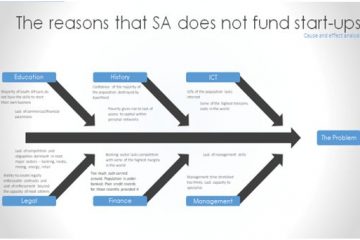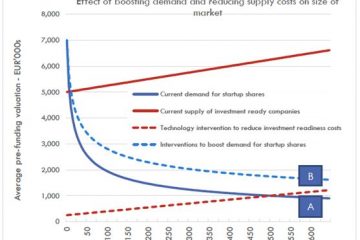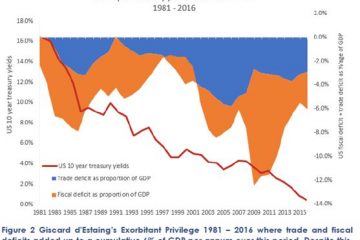Why does entrepreneurship matter to anyone except for the business owner?
In a world of downsizing, automation and business process outsourcing, a job for life is a thing that my father used to talk about. Large businesses, governments and the NGO sector around the world are losing jobs, causing grinding poverty, extremism and social unrest. Entrepreneurs are alone in standing up to this tsunami of employment destruction: In Uganda, one of the world’s poorest economies, 65% of all jobs were created by start-ups. In Norway, which has a $1 trillion sovereign wealth fund to share between its 5 million citizens, 57% of all new jobs were created by Startups. South Africa stands in between these two extremes with 62% of jobs created by its start-ups. When you include small and medium sized businesses, over 100% of net jobs created in the USA, 85% of net jobs created in the UK and an estimated 90% of net new jobs in South Africa were created by SMEs.
South Africa needs jobs to alleviate its poverty, and even the most cynical public sector trade unionist acknowledges that the private not the public sector needs to create them. In the latest Quarterly Labour Force Survey issued by Statistics South Africa, there are 37 million adults in the country and 12 million of them are unemployed – that is 36% of the work force and one of the highest unemployment rates in the developing world.
There are entrepreneurs in South Africa – 2.5 million of them according to the Global Entrepreneurship Monitor[2]. But few of these create jobs, they are what are called necessity entrepreneurs. The kind of entrepreneurs who create the jobs quoted above are High Expectation Entrepreneurs, which the Global Entrepreneurship Monitor defines as a person who intends to employ more than 20 people in five years time. In fact these comprise fewer than 2% of the South African entrepreneur population and yet they created 27% of all net jobs in the South African economy last year. A study in Tanzania suggested similar proportions.
So, if policy intervention was needed, the first question to ask would be: How is South Africa doing in supporting these all important high expectation entrepreneurs? The best indicator of support, lies in startup funding. Of those 50,000 high expectation entrepreneurs who created 25% of net new jobs in South Africa between them, it would make sense that a large proportion of them received venture capital backing, right? How much do you think got funded last year? (Audience participation) – 10% of them – raise your hands, 20%, and …. entrepreneurs are supposed to be optimistic – do I have any takers for 50%?
The sad reality is
that only 44 of these companies or 0.1% of the High Expectation Entrepreneur
population received funding last year.
A second fact is perhaps more relevant to this
evening. The Global Entrepreneurship Monitor found that the defining behaviour
of an entrepreneur is that they network with other entrepreneurs. Rule of thumb
is that entrepreneur’s wealth tends to be the average of the wealth of their 6
closest entrepreneurial friends. So networking is everything.
[1] http://www.statssa.gov.za/?page_id=1854&PPN=P0211
[2] http://www.gemconsortium.org/country-profile/108



0 Comments